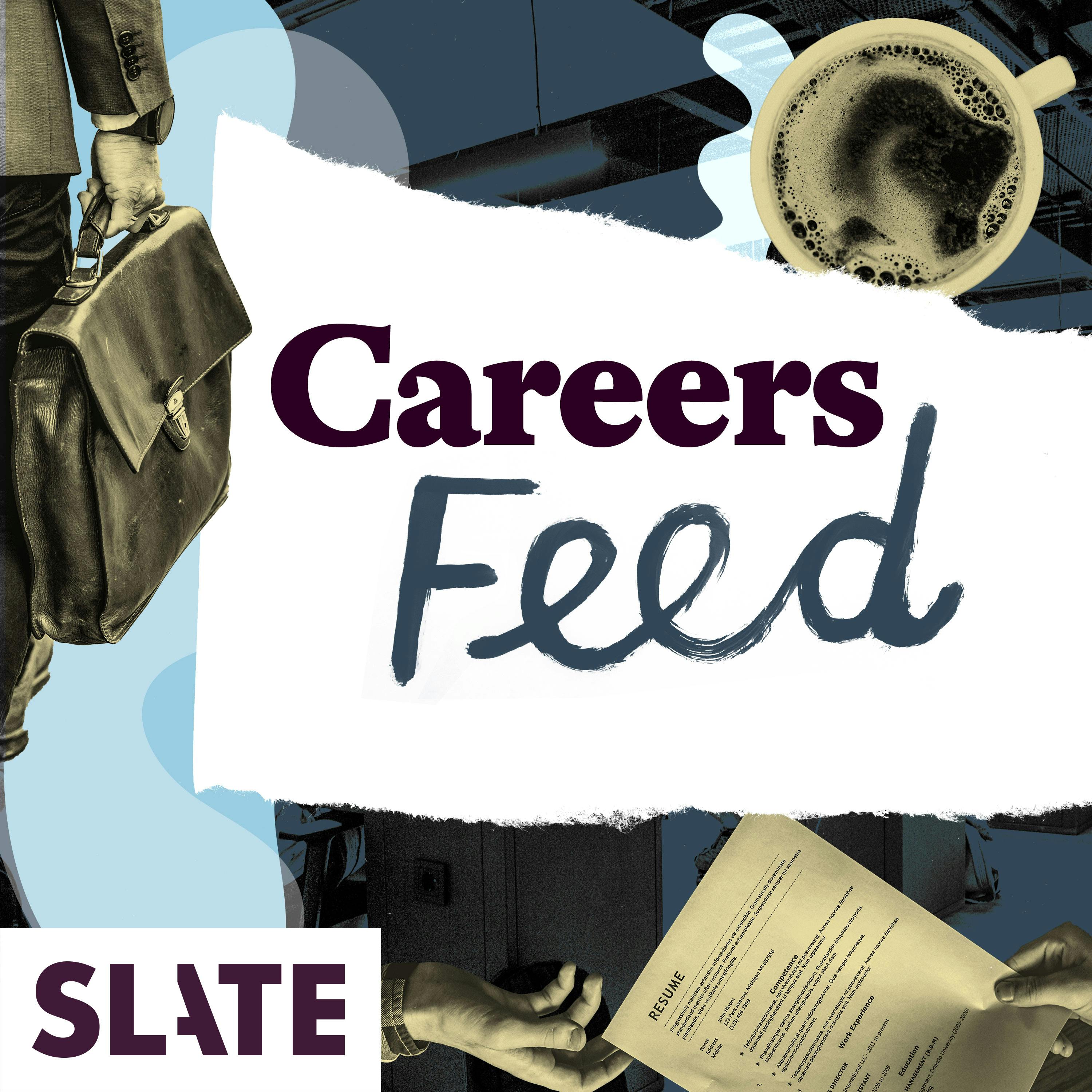Working: How Fact-Checking Can Improve Your Fiction
Description
This week, host Isaac Butler talks to novelist Julia Hannafin and ecologist Adam Rosenblatt. In the interview, they discuss Julia’s new novel Cascade, which includes information about sharks and other marine life that Adam helped to verify. Julia explains how factual accuracy helped to solidify and drive both the plot of Cascade and some of its emotional power. Adam talks about what the collaborative process was like for him and argues that science is more creative than people think.
After the interview, Isaac and co-host Ronald Young Jr. talk more about fact-checking in fiction. They also discuss the strengths and weaknesses of first-person present tense in fiction.
In the exclusive Slate Plus segment, Julia talks about the difference between writing novels and writing for TV.
Send your questions about creativity and any other feedback to [email protected] or give us a call at (304) 933-9675.
Podcast production by Cameron Drews.
If you enjoy this show, please consider signing up for Slate Plus. Slate Plus members get an ad-free experience across the network and exclusive content on many shows—you’ll also be supporting the work we do here on Working. Sign up now at slate.com/workingplus to help support our work.
Learn more about your ad choices. Visit megaphone.fm/adchoices
More Episodes
This week, host June Thomas talks to the prolific writer Anne Lamott, whose latest book is called Somehow: Thoughts on Love. In the interview, Anne discusses the origin of her new book, the challenges of writing deeply personal memoirs, and the importance of writing groups.
After the interview,...
Published 05/05/24
Published 05/05/24
Who hasn’t received necessary medical care and got a shockingly high bill for it weeks later?
Even with insurance, many Americans will experience this at some point–including one of the most recognizable doctors in the country: the U.S. surgeon general.
Earlier this year, Dr. Jerome Adams – who...
Published 05/01/24


